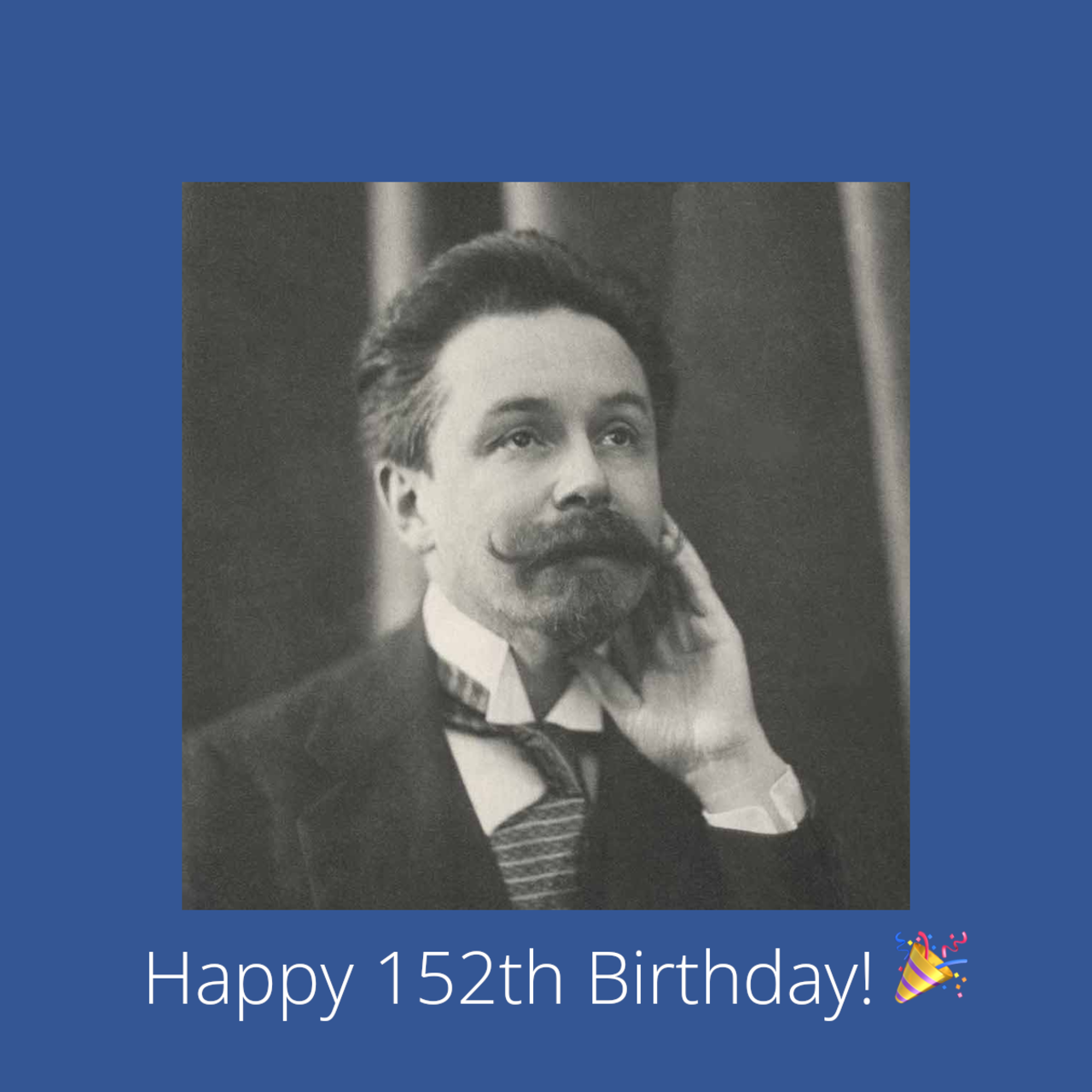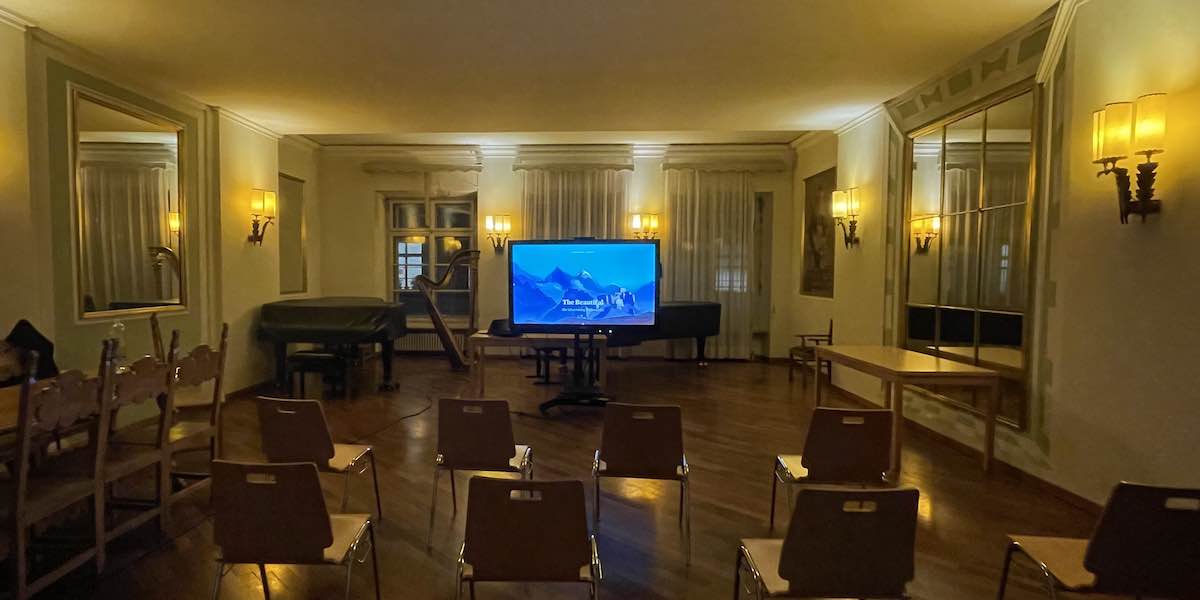Alexander Scriabin vs Leo Tolstoy: A Comparison of Two Russian Visionaries
September 20 2024
The Visionaries: Comparing Alexander Scriabin and Leo Tolstoy
When we think of great Russian figures, the names Alexander Scriabin and Leo Tolstoy often come to mind. Although one was a composer and the other a writer, their lives share more in common than one might expect. Both of these visionary artists were not only driven by their respective crafts, but by an overarching quest to explore something far greater—something beyond art itself.
Leo Tolstoy: The Philosopher and Idealist
Leo Tolstoy, the celebrated author of War and Peace (1869) and Anna Karenina (1878), is remembered not only for his literary genius but also for his idealistic worldviews. In his later years, Tolstoy developed a profound spiritual philosophy, creating his own interpretation of Christianity, which rejected materialism and embraced pacifism and simplicity. His spiritual journey led him to question not only the structures of society but also his own role as a writer. Tolstoy sought to transcend his status as an author, aiming to become a moral leader and prophet in his own right.
Alexander Scriabin: The Composer Who Dreamt of the Apocalypse
On the other hand, Alexander Scriabin was a composer who similarly strove for transcendence. Best known for his unique harmonic language and mystical compositions, Scriabin wasn’t satisfied with merely being a composer. His ambitions grew to encompass a grand vision—an apocalyptic work he called the “Mysterium.” This monumental piece was to be performed in the mountains of Northern India and, in Scriabin’s own vision, would bring about the end of the world, merging humanity with the divine. While the Mysterium remained unfinished, Scriabin’s intense desire to create something that reached beyond music into the spiritual realm mirrors Tolstoy’s philosophical ambitions.
Aiming for Eternity
Both Tolstoy and Scriabin shared a yearning to be more than artists. They wanted to transform humanity, to reach into eternity, to answer questions about existence and purpose. Their grand aspirations might seem lofty—perhaps even impractical or “crazy” to some—but they reflect a depth of vision that goes far beyond the traditional roles of a writer or a composer.
In a way, one might argue that they “failed” in their quests. Tolstoy never succeeded in reshaping society with his philosophy, and Scriabin never completed his apocalyptic masterpiece. However, their failures are, in fact, part of what makes them fascinating. They remind us that the drive to push beyond human limitations, to look into the infinite, is what defines genius.
Had Scriabin succeeded in finishing his Mysterium, we might not even be here to discuss it! But what remains of their legacies are two profound thinkers who sought to explore the deeper mysteries of life and existence.

